AARP Hearing Center


The COVID-19 vaccines have been updated for the 2024-2025 respiratory virus season to more closely match the latest versions of the coronavirus that continue to spread and cause infections.
The mRNA vaccines from Pfizer-BioNTech and Moderna target the KP.2 “FLiRT” variant that contributed to the summer swell in cases, and the vaccine from Novavax targets its "parental strain," JN.1. While these two variants are no longer dominant in the U.S., their close relatives are, and doctors and researchers expect the updated shots will provide good protection against severe symptoms of COVID-19 heading into 2025.
“COVID is [still] circulating with us,” Centers for Disease Control and Prevention (CDC) Director Mandy Cohen, M.D., said in a news briefing. “So we need to continue to be vigilant.”
Health officials are recommending that everyone ages 6 months and older get the updated vaccine this fall — especially older adults who are at higher risk for complications from COVID-19. Here’s what you need to know about any possible side effects from the vaccines.
No surprises from common COVID vaccine side effects
According to the Food and Drug Administration (FDA), the common side effects that can accompany the updated 2024-2025 shots are in line with those of the previous versions.
“So, if you had a sore arm before, if you had a little bit of achiness, maybe a little low-grade fever, you can expect that to happen again,” Kristin Englund, M.D., an infectious disease specialist with Cleveland Clinic, said in a news release.
According to the CDC, the most commonly reported side effects of the COVID mRNA vaccines (from Moderna and Pfizer-BioNTech) are:
- Pain, soreness, redness at injection site
- Fatigue
- Headache
- Muscle pain
- Joint pain
- Chills
- Fever
- Nausea/vomiting (Moderna)
And the most commonly reported side effects of the Novavax COVID vaccine, which uses a different and more traditional protein-based technology, are:
- Pain, soreness, redness, swelling at injection site
- Fatigue
- Headache
- Muscle pain
- Joint pain
- Chills
- Fever
- Nausea/vomiting































.jpg?crop=true&anchor=13,195&q=80&color=ffffffff&u=lywnjt&w=2008&h=1154)



























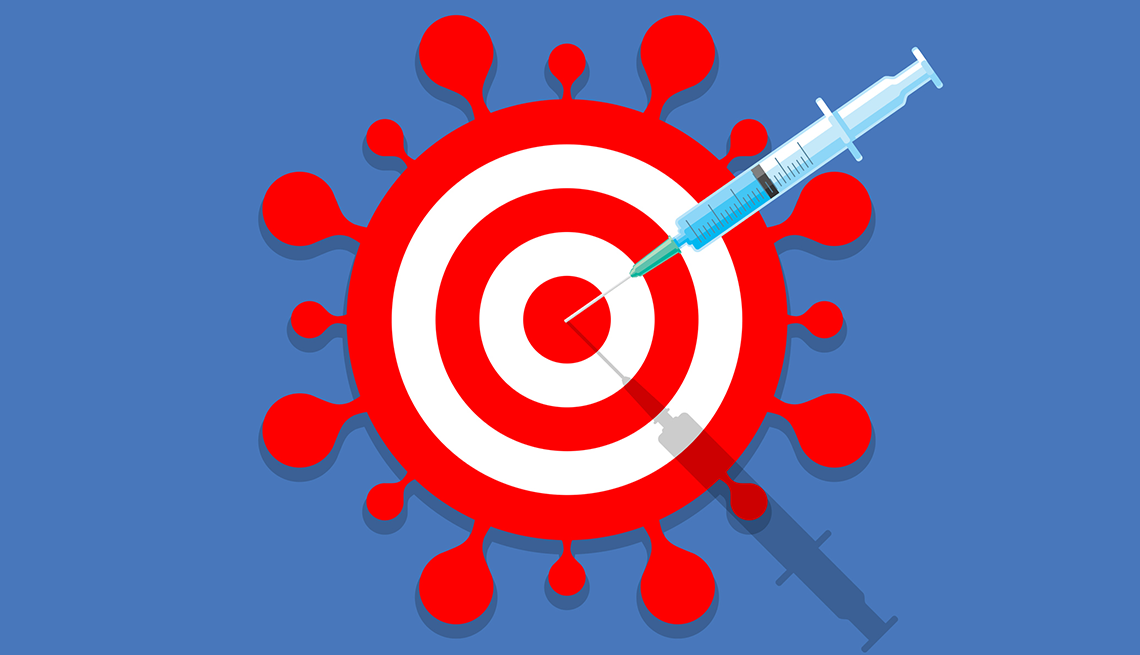
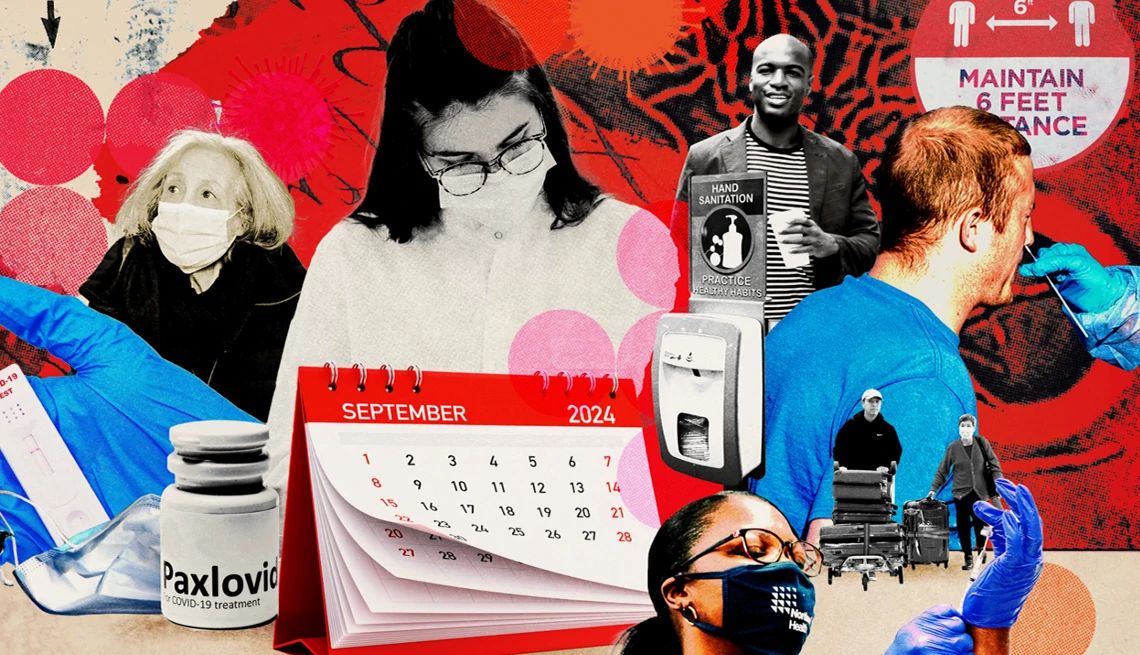

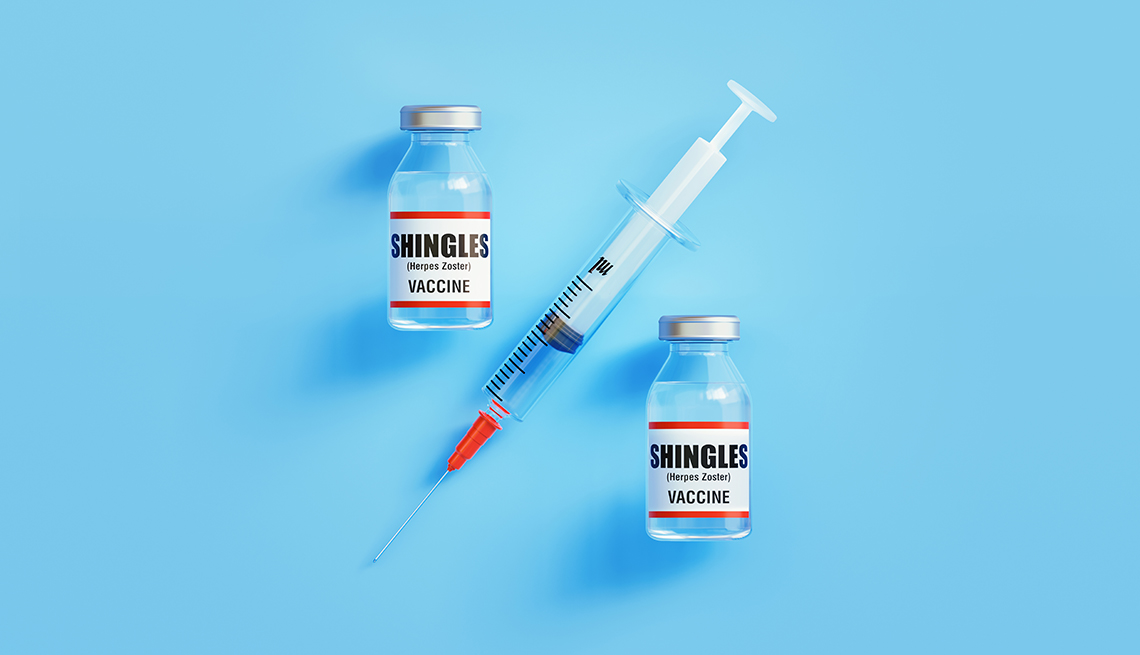
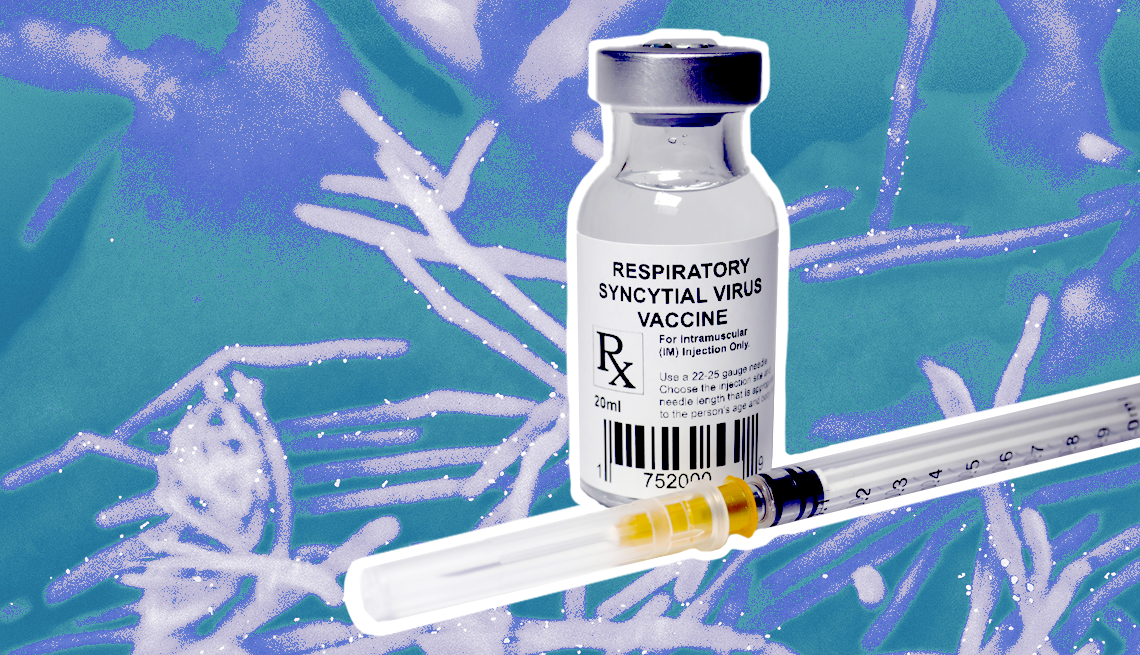

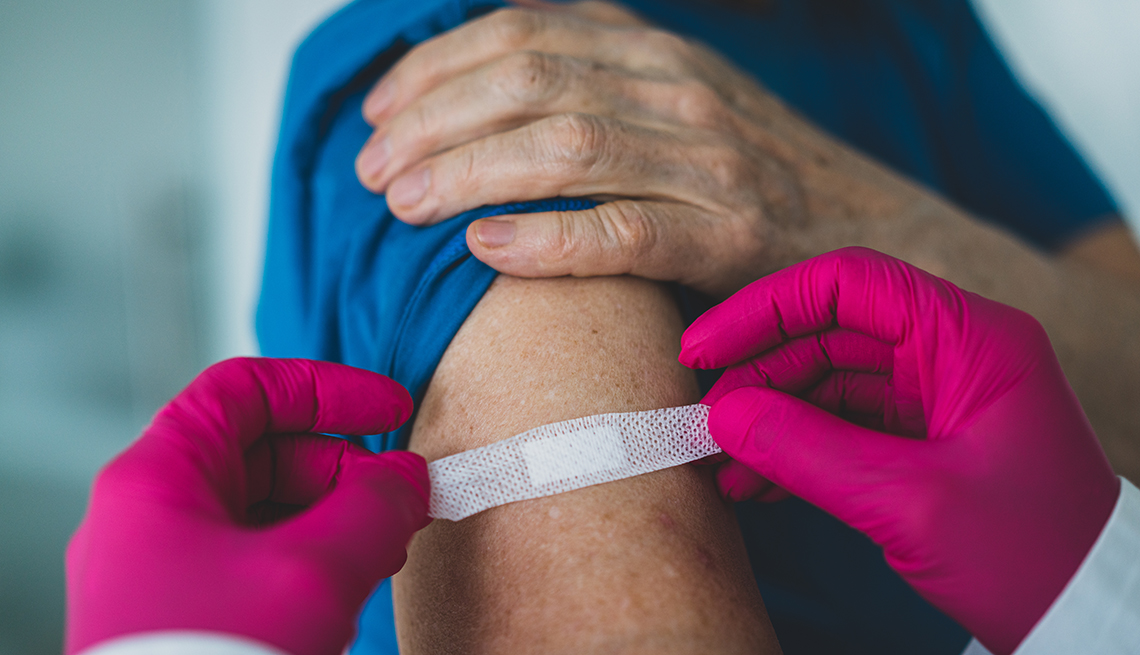


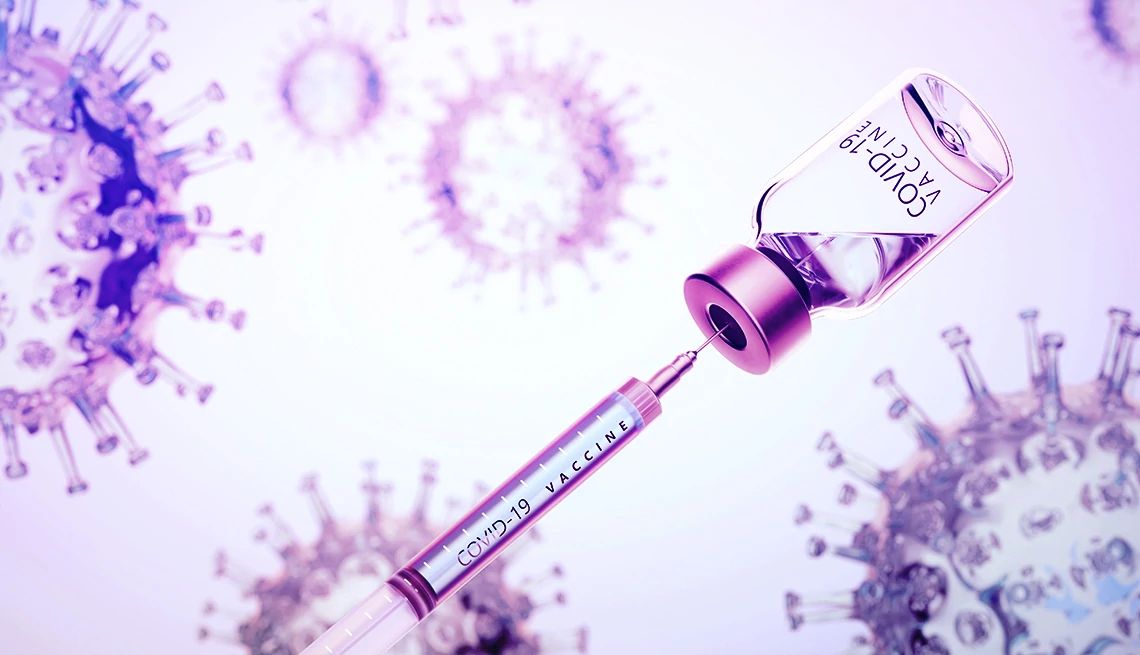

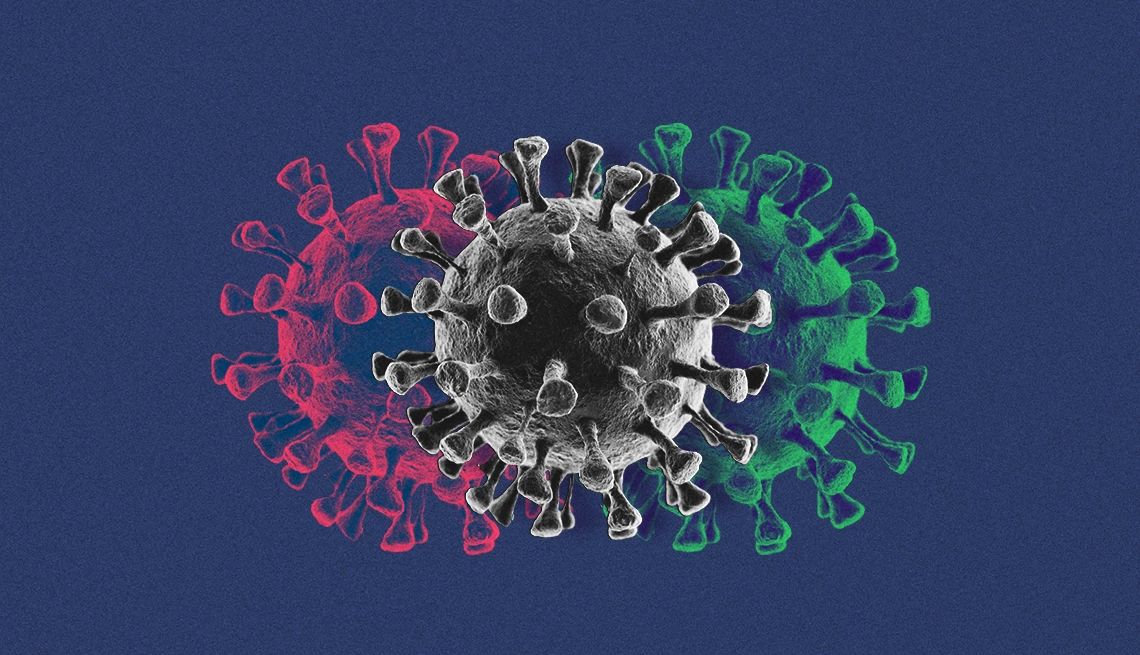

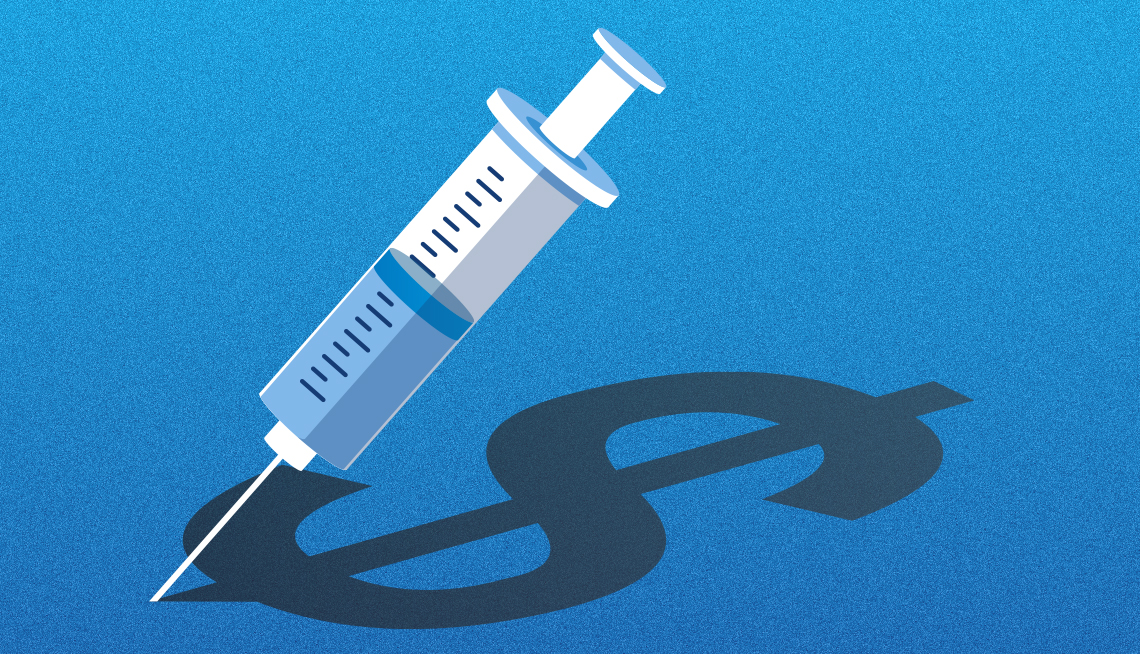









More on Health
Is It Time to Start Wearing a Mask Again?
Experts share advice as COVID-19 cases start to climbAre Vaccines Still Free?
Feds no longer paying the billWhat It’s Like to Catch COVID Over and Over
He’s had four bouts so far, and he says it has changed him